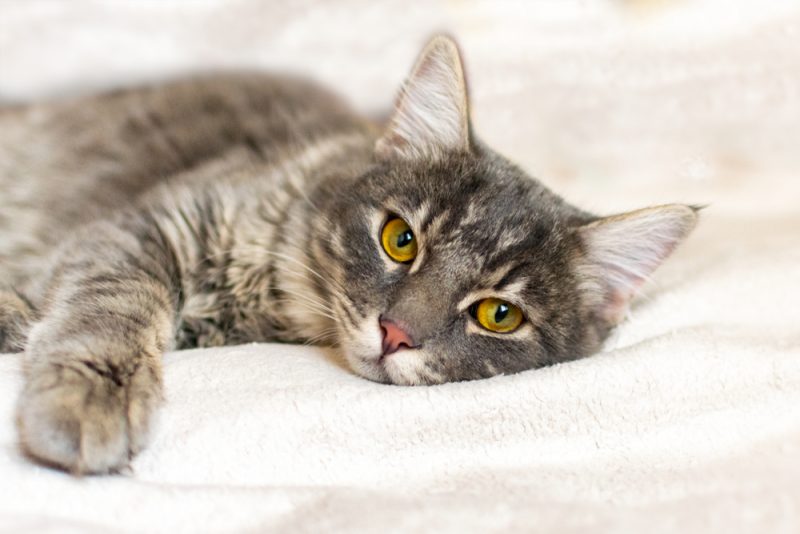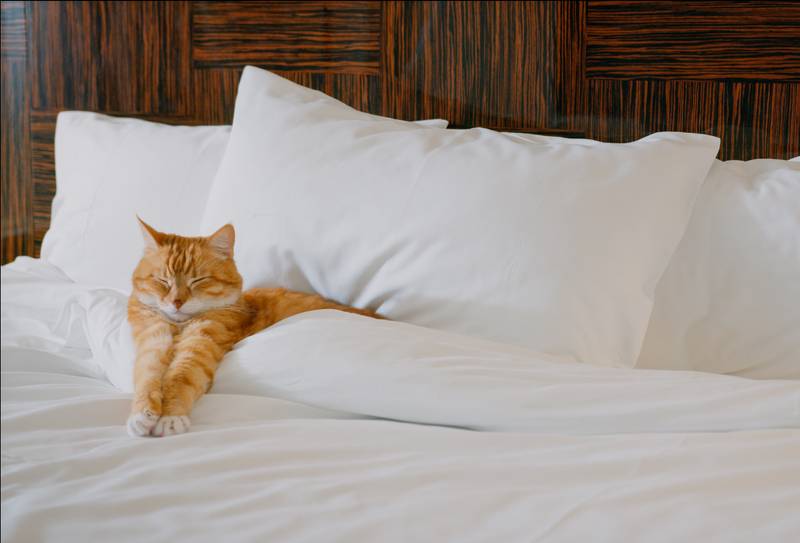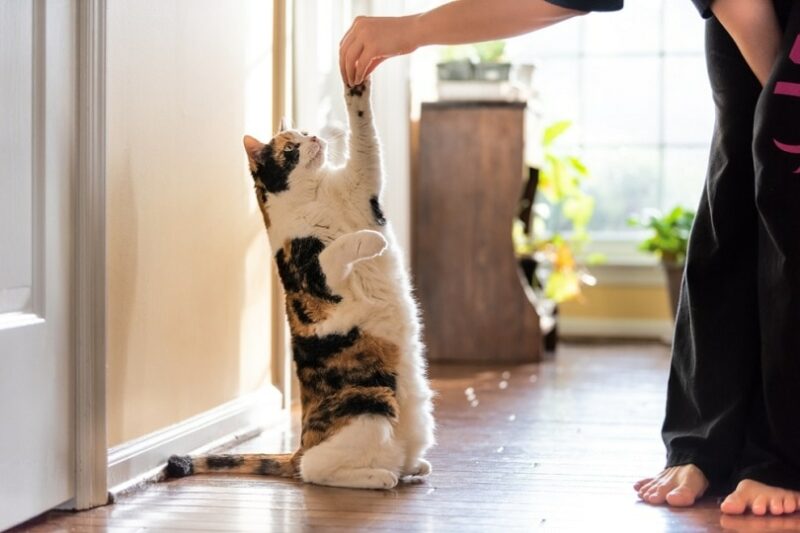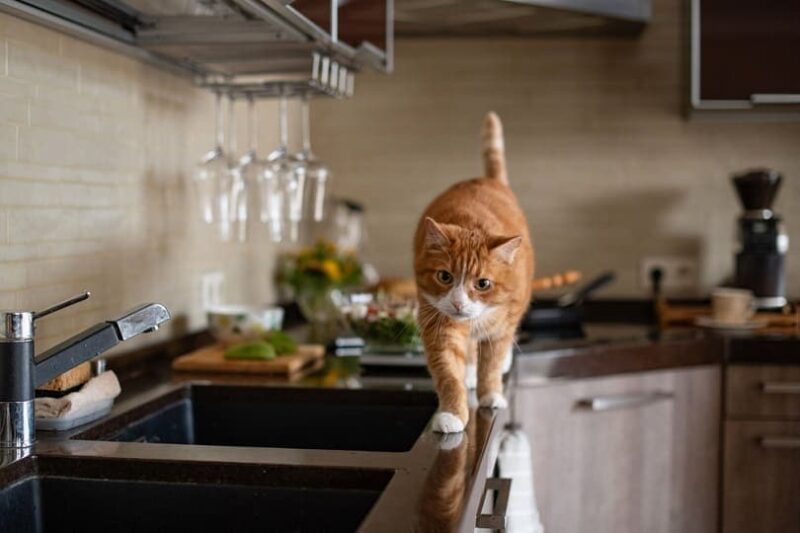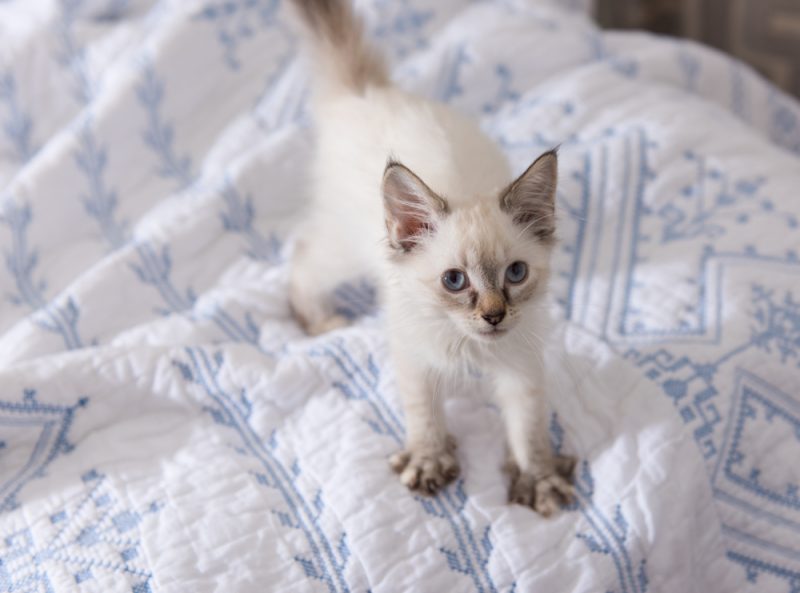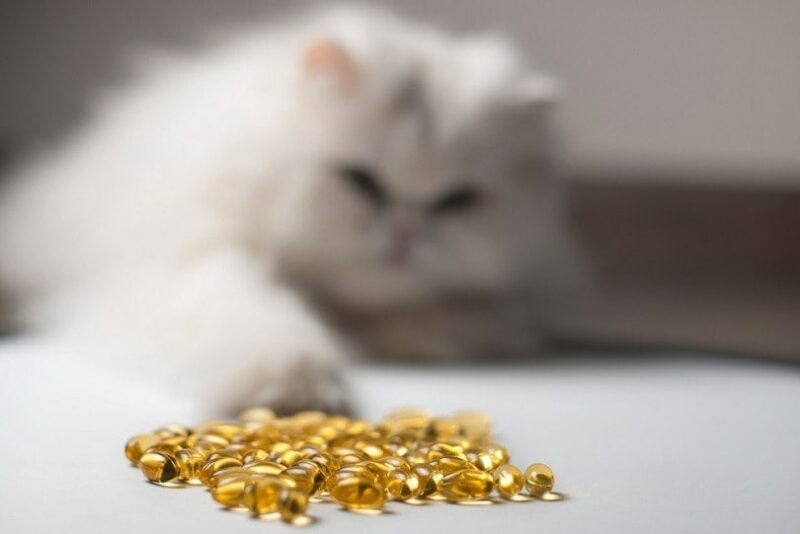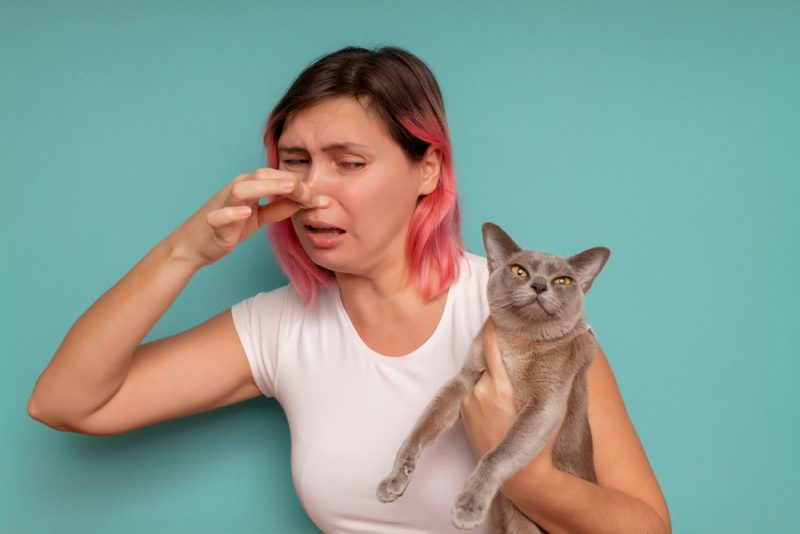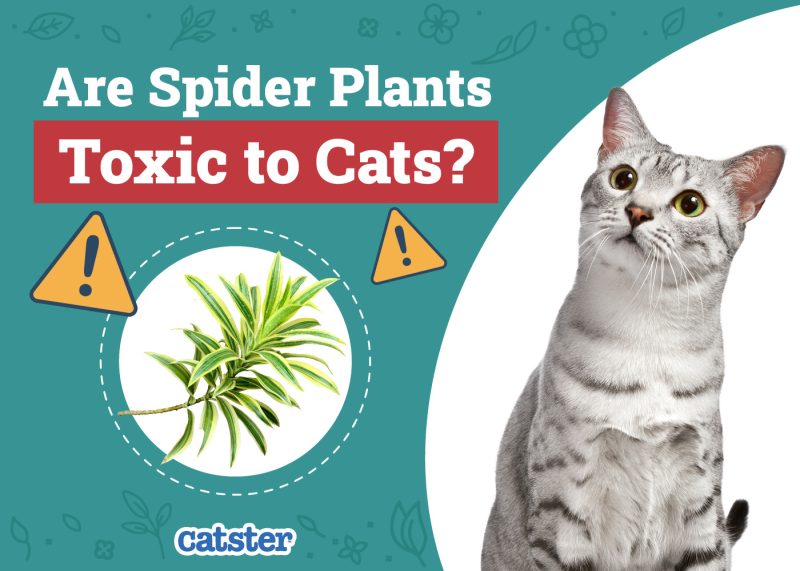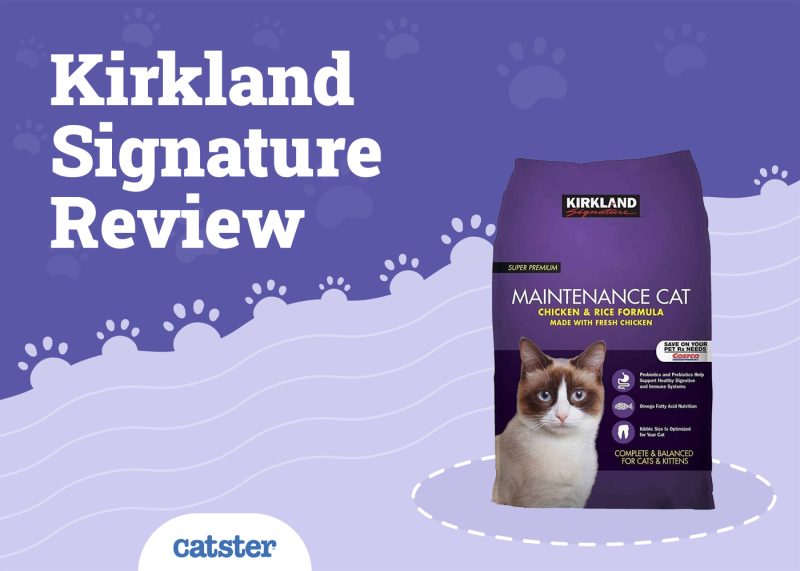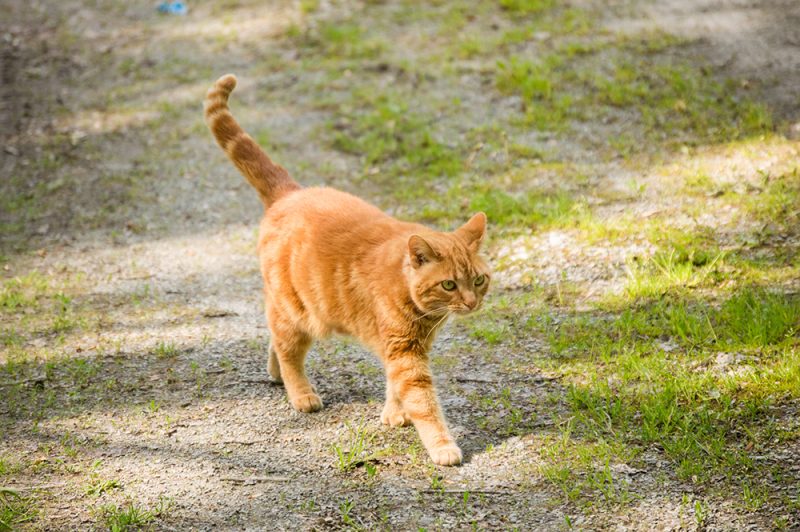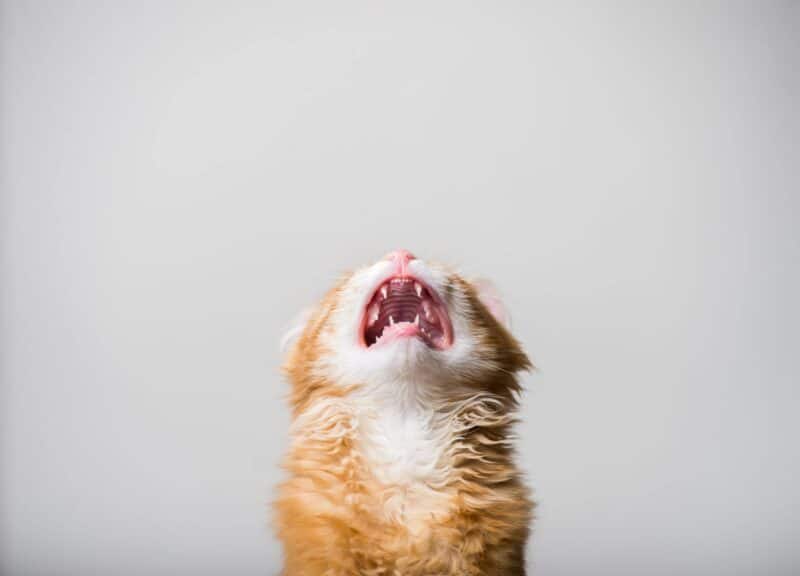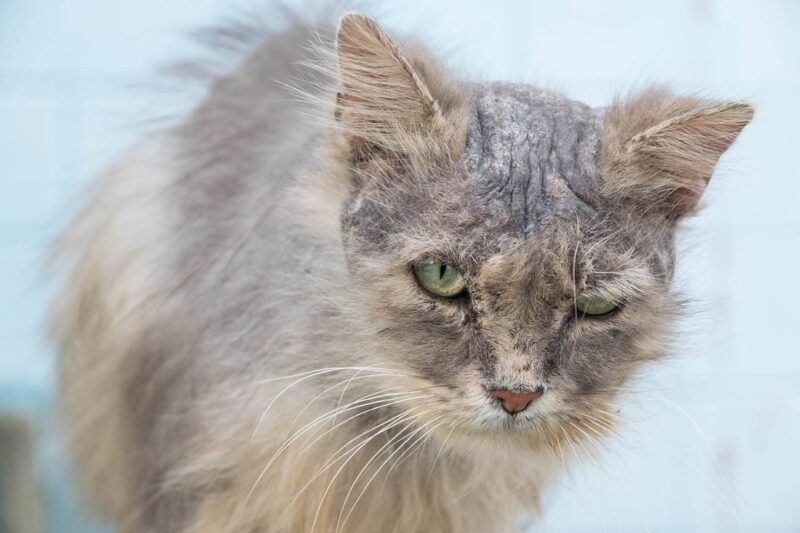The Warning Sign You Can’t Ignore
Cats are pretty good at hiding when something’s wrong. But one thing they can’t hide? Sudden weight loss. If your cat’s looking slimmer without a diet, it could be more than just aging. It might be a serious health issue.
From thyroid problems to stress, there are many reasons your kitty could be dropping weight fast. But the good news? Many of these causes are treatable if you catch them in time. Let’s break down 12 possible culprits, what to look for, and what you should do next.

12 Reasons Your Cat Might Be Losing Weight Fast
1. Hyperthyroidism
This common condition in older cats ramps up their metabolism due to an overactive thyroid. Symptoms include weight loss despite a big appetite, hyperactivity, and increased thirst. Left untreated, it can lead to serious complications — but there are several effective treatments available, so it’s important to speak with a vet.
2. Diabetes Mellitus
Type 2 diabetes is more common in overweight middle-aged cats, especially certain breeds like Burmese. Alongside weight loss, you might notice your cat drinking and peeing more. Some cats can be managed with diet alone, while others need insulin therapy.
3. Kidney Disease
One of the top health issues in older cats, kidney disease can cause weight loss, vomiting, and increased thirst. It may develop slowly (chronic) or come on suddenly (acute). While it can’t always be cured, it can often be managed with the right care.
4. Dental Disease
Painful teeth or gum infections can make eating uncomfortable for your cat — leading to a sudden drop in food intake and weight. Watch for bad breath, drooling, or pawing at the mouth. Sometimes, dental disease hides serious conditions like oral cancer.
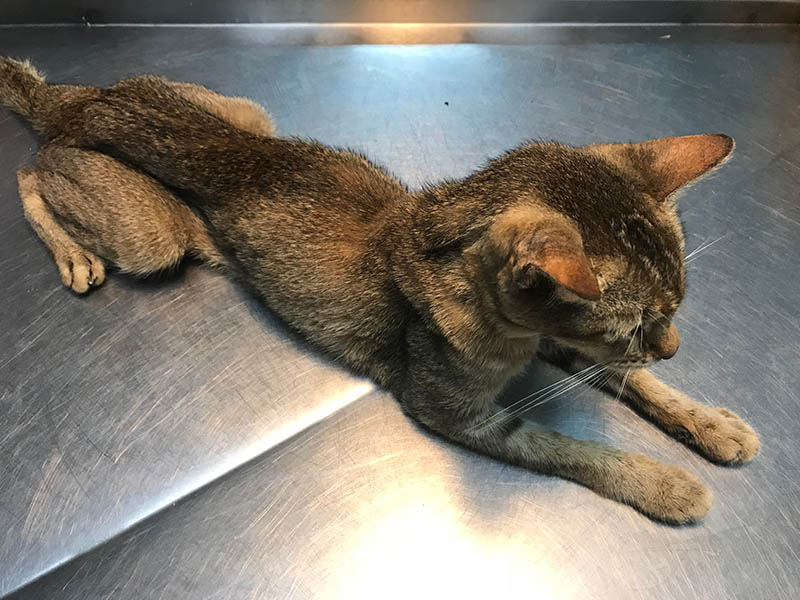
5. Cancer (Neoplasia)
Weight loss is a common symptom of various feline cancers, including aggressive ones like intestinal lymphoma. These can mimic other digestive diseases, so it’s important not to guess. A vet’s diagnosis is crucial.
6. Inflammatory Bowel Disease (IBD)
IBD can disrupt your cat’s digestion and cause diarrhea, vomiting, and weight loss. It’s often triggered by certain proteins in food. Managing it usually involves special diets and sometimes medication to calm the immune response.
7. Heart Disease
Called the “silent killer” for a reason, feline heart disease can go unnoticed until it’s serious. Some cats may show subtle signs like poor appetite or weight loss. If you’re unsure, early screening could make all the difference.
8. Liver Disease
Liver issues can lead to dramatic weight loss, vomiting, and even jaundice. In overweight cats, rapid weight loss itself can cause hepatic lipidosis, a dangerous condition. Always aim for gradual, vet-supervised weight loss in heavier cats.
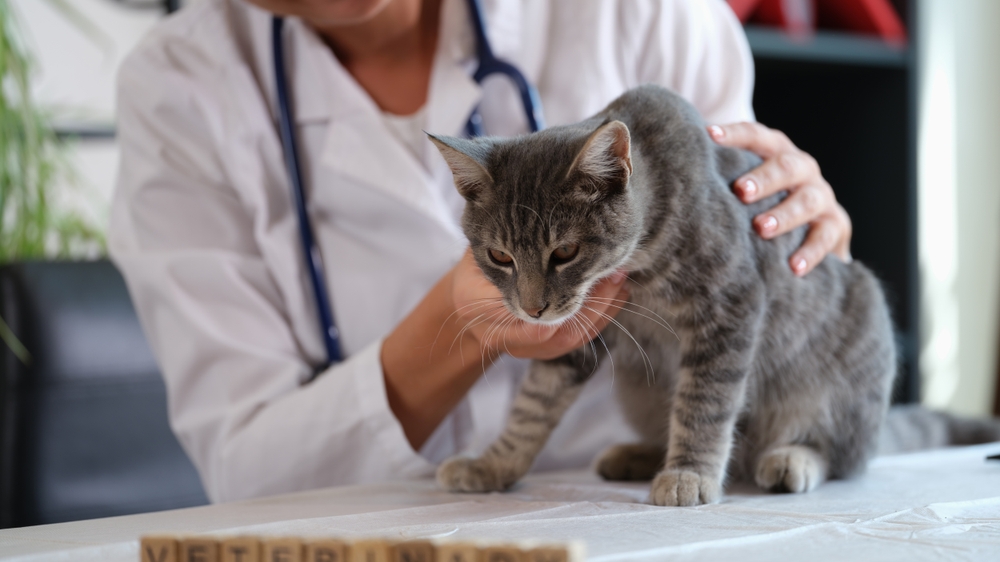
9. Feline Infectious Peritonitis (FIP)
Once considered a death sentence, FIP is caused by a mutated feline coronavirus. Today, new treatments like GS441524 are offering real hope. Sudden weight loss, fever, and lethargy are all potential warning signs.
10. Feline Leukemia (FeLV)
FeLV is a contagious viral disease and the most common feline cancer. It spreads through bodily fluids and can lead to rapid or gradual weight loss. Vaccination is your best defense.
11. Internal Parasites
Worms are sneaky culprits, especially in kittens. Watch for bloated bellies, visible worms in stool, or itching near the rear. Regular deworming is key to keeping parasites in check.
12. Anxiety or Stress
Emotional distress can affect your cat’s appetite and behavior. Changes like a new pet, move, or loud environment can trigger weight loss. Pheromone diffusers, calming treats, or professional advice can help bring peace back to your pet’s life.
If you need to speak with a vet but can't get to one, head over to PangoVet. It's an online service where you can talk to a vet online and get the advice you need for your pet — all at an affordable price!


FAQ
Is weight loss just a normal part of aging in cats?
Not necessarily. Older cats do lose some muscle mass, but unexplained weight loss often signals a deeper health issue. Always check with your vet.
Why does my cat look skinny on top but bloated underneath?
This could be muscle loss paired with fluid buildup or obesity — both of which can signal disease. A vet exam is essential to figure it out.
Can stress really cause my cat to lose weight?
Yes, emotional stress can have a big impact on your cat’s appetite and behavior. Big changes like a new pet, a move, or even loud noises can lead to decreased eating and noticeable weight loss. If you suspect stress, try calming aids or speak with your vet about behavioral support.
How quickly is “too quickly” when it comes to weight loss?
Any noticeable drop in weight over just a few weeks, especially if you haven’t changed your cat’s food or activity, should be considered a red flag. Sudden weight loss can be a symptom of serious underlying issues, so don’t wait to get your cat checked out.
What should I bring to the vet if my cat’s losing weight?
Try to bring a recent weight history (if available), a list of any changes in appetite, litter box habits, energy levels, and photos or videos of any unusual behavior. The more info you give your vet, the faster they can narrow down what’s going on.
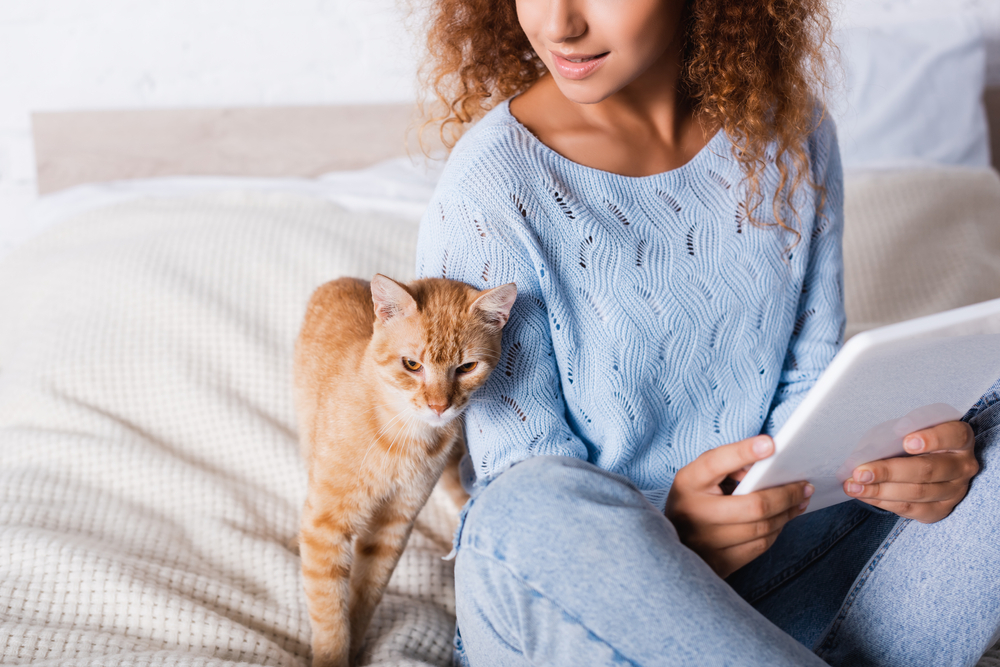

Wrap-Up: Don’t Wait — Act Early
Weight loss in cats isn’t something to ignore, especially when it is sudden. Whether the cause is physical, emotional, or something more serious, early action can be the difference between a quick fix and a long-term issue. If your kitty’s looking leaner and it’s not on purpose, don’t play guessing games and get them checked out by a vet.
Your cat depends on you to notice the small changes, and acting quickly could make all the difference to you both.
Feature Image Credit: Ro_ksy, Shutterstock
Did You Know?
- Our brand-new posts are rounded up and included in our weekly emails. Don’t miss out on the latest – sign up for our newsletter below!
